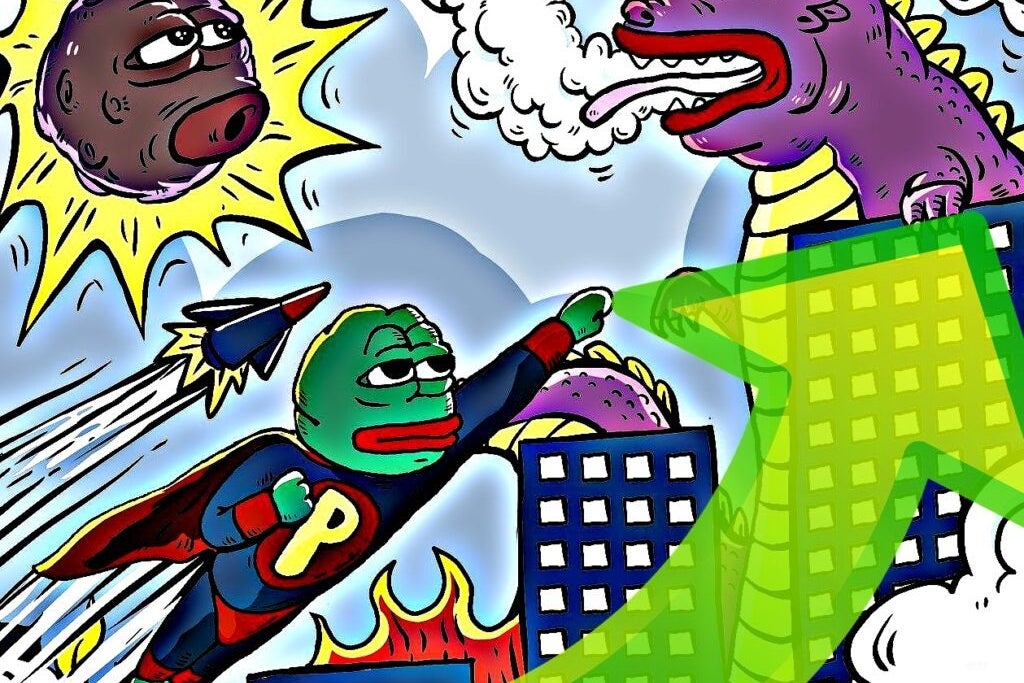Peter was part of the crowd that piled into Fuyu Fuyu, a development of high-rise apartments in the northern Taiwan municipality of Taoyuan, one Sunday this month. By day’s end the young engineer, who does not want to be fully identified, had signed up to spend NT$20mn (US$630,000) on a 120 square-metre apartment — his second.
“It is the best way to invest. My income will grow even faster in the next few years, and it is the same for so many others, so the value of the property will go up,” said Peter, who works at Quanta Computer, a contract electronics manufacturer based just a stone’s throw away.
Fuyu Fuyu sounds like a phrase meaning “bestow wealth upon you” — and Quanta is doing exactly that. Long the world’s largest contract laptop maker, Quanta is getting a huge boost from the global AI boom because it also makes high-end servers needed to crunch data for large language models. Its shares and profits have jumped, and employees are reaping the benefits.
Founder and chair Barry Lam has become Taiwan’s richest man, topping the billionaires’ list for the country published by Forbes in April, while lower down company employees such as Peter are sharing NT$3.9bn in cash bonuses paid to staff this year — up 30 per cent from 2023.
Quanta is just one of the companies reinforcing Taiwan’s reputation as a global epicentre for creating tech wealth. UBS last week forecast that Taiwan will have 47 per cent more millionaires by 2028 than today — the largest increase of any country, mainly driven by growth in its semiconductor industry.
Investors, economists and HR professionals say the benefits are spreading beyond the senior managers and engineers at Taiwan’s largest technology companies, who benefited from stock awards in the chip sector’s early days, and reaching a broader swath of society.
“There is a broadening wealth effect, and new groups and younger talent are benefiting,” says Mark Duh, chair of Fuh Hwa Investment Trust, one of the largest domestic fund managers.
The titan of the sector — and one of the main drivers of wealth creation — is Taiwan Semiconductor Manufacturing Company, the world’s largest chipmaker that is now Asia’s most valuable listed company. TSMC reports its latest earnings on Thursday after revealing a 40 per cent jump in second-quarter revenue last week.
But hundreds of other Taiwanese companies that dominate the AI supply chain, from chip design houses and server makers to suppliers of chip testing gear and component manufacturers, are also part of the boom.
Many senior and mid-level employees at AI supply chain companies received bonuses worth more than two annual salaries last year.
Winway, a supplier of chip testing products, handed out employee bonuses equivalent to 30 monthly salaries last year. Median salaries for non-executive staff at semiconductor design house Global Unichip rose by one-fifth last year, the third straight annual increase, and the company’s total salary spend has been growing by double-digit margins for three straight years, according to statistics published by the Taiwan Stock Exchange this month. At AI server company Chaintech Computer, median pay was up more than a quarter last year.
The AI windfall is just the latest boost to Taiwan’s wealth. During the pandemic, its massive electronics hardware industry benefited from the semiconductor and IT boom triggered by demand for homeworking. The rise of electric vehicles has been another boon for demand.
At the same time, the country’s first generation of postwar entrepreneurs are passing on their riches to their children. Last but not least, many wealthy Taiwanese who previously spent most of their time in China, where they used to concentrate manufacturing investment, have returned home as the investment environment in China has worsened and their companies have come under pressure from customers to de-risk.
Ferrari’s Taiwan sales doubled over the previous four years, highlighting a boom in high-end consumption.
The wealth tide is lifting domestic sectors where incomes have long lagged far behind technology exporters.
“People pour their rising pay into property. The real estate market is growing a lot and that in turn helps other industries too,” Duh said.
Some building materials and construction companies were among those with the steepest increases in non-executive pay at listed companies last year, according to the TSE figures.
Adding to the AI boost is a growing shortage of workers at all levels as Taiwan’s population has started to shrink. Those bottlenecks have triggered sharp wage rises even in low-end service sector jobs where pay has been stagnating at a low level for many years.
Wages in the hotel and restaurant sector are up 5.5 per cent this year, outpacing the cross-industry average and the largest increase in at least a decade, according to survey figures provided by 104 Job Bank, a local job broker.
According to the TSE figures, mean salaries at listed tourism and hospitality companies rose by 13.6 per cent last year, catapulting the sector to the top rank among more than 30 industries in terms of pay growth from 27th place four years ago. Average salaries in the trade and consumer goods sector grew at the fourth-highest pace among industries last year, up from rank 23 four years ago.
“I believe the main reasons for the rise in salaries in the tourism sector are the post-pandemic travel boom and the labour shortage,” said Lai Wei-wen, a labour economist at the Chung Hwa Institution for Economic Research, a government think-tank.
Still, the wealth effect has limits and swaths of Taiwanese society are not benefiting.
In Taiwan’s January election, young people disaffected over low pay for fresh graduates and the growing gap between top tech industry earners and the domestic service sector abandoned the ruling Democratic Progressive party in droves, leading it to lose its legislative majority.
Money flowing into real estate from high-earning tech workers is also driving up house prices, putting them out of reach for younger workers in other industries even as salaries there rise, too. A residential property now costs the equivalent of almost 10 years of salary on average, according to the ministry of the interior, up from 8.6 years four years ago.
But some officials hope that wealth will spread further. “At least we see some change,” said one cabinet official. “The AI boom is our best hope that it can deepen.”


















/cdn.vox-cdn.com/uploads/chorus_asset/file/25822586/STK169_ZUCKERBERG_MAGA_STKS491_CVIRGINIA_A.jpg)

/cdn.vox-cdn.com/uploads/chorus_asset/file/25821992/videoframe_720397.png)




